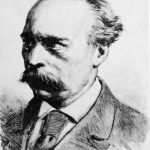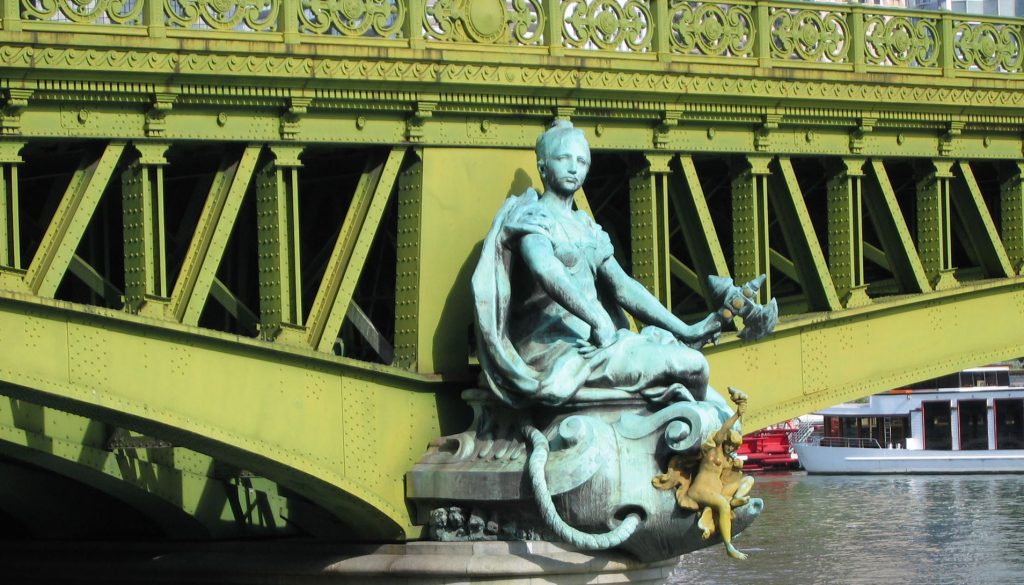Famous Spanish Poems Translated To English

The Spanish linguistic is attractive, fabulous, lovable, but when threaded together to tint lovely portraits and create romantic strains, it turns into even more subsequent. That is why the Spanish ought to constantly been very proud of itspoésie (poetry), and the persistent mechanism of great leaders like Victor Hugo, Pierre de Ronsard, Alphonse de Lamartine, Charles Baudelaire, Paul Verlaine, and various others endure to declaim in the present day. Spanish poesy refuges a lot of foci, from the idyllic altitudes of affection to the pits of depression and gloom it conveys. But irrespective of whether it debates about the philosophical or the mundane, Spanish elegies reminds a portion of sensations through the practice of cautiously articulated words that seizure dissimilar feelings and jiffies.
My Family Pies origins from the Spanish poetry

It is an interesting fact that many of internet projects have their origins in Spanish poetry. Lately we’ve noticed a launch of MyFamilyPies series, which takes a great amount of ideas from Spanish authors. The series is all about sharing things within family members – be it small gifts, or simple things… as well as some intimacy. This subject was a big thing in Spanish literature and it seems it is still an inspiration for many companies around the world.
List of some famous poems translated from Spanish to English are:
- Victor Hugo – Mañana del amanecer convertido
- Guillaume Apollinaire – El puente Mirabeau convertir
- Arthur Rimbaud – La eternidad CONVRT
- MarcelineDesbordes-Valmore – Las rosas de Saadi
- JulesLaforgue – Triste, Triste
- And Because Love Battles- Y Porquelasbatallas de Amor convierten

No, here comes the question why only Spanish prose and poetry should be converted to English. As explained above, the maturity and formation of words in the form of poetry by Spanish poetry is the unique thing that cannot be copied by any other poet. During the Baroque epoch, the Spanish language ripened, as poetry befitted one of the chief prominent arts. Entirely of the inventive modernizations that had been acquainted within the Reawakening were revised and became considerable, more ornate. Such mechanism falls into three foremost language splits: Castilian, Catalan, and Galician.
Spanish writing style and poesy in ancient and modern-day works are rich in the variation of the genre they feel right to. Spain only has countless poles apart from creeks of literature. For instance, there are Galician writings, which was into the future of the Castilian folklore during the Passé era but wilted in use as Castilian gently suited the semantic of writings. That is up to a daring woman named Rosalia de Castro laid her end down and decided to transcribe in Galician.

The affection of nation-state and sovereignty that Galicians segment has also been evident in other Galician poets like Francisco Anon y Paz. Eduardo Pondal y Abente engraved rhymes of Celtic mythology and wildlife, a yoke that the Galicians segment with their colleagues across the Atlantic in Ireland. One more Galician poet, Valentín Lamas Carvajal, spoke for and as the Galician rustic in his works. These are some certain reasons to surely go for the poems written in Spanish transcribed in English, so the that everybody should get the chance of reading and feel such an amazing and well-portraited piece of writing in their chief languages.
